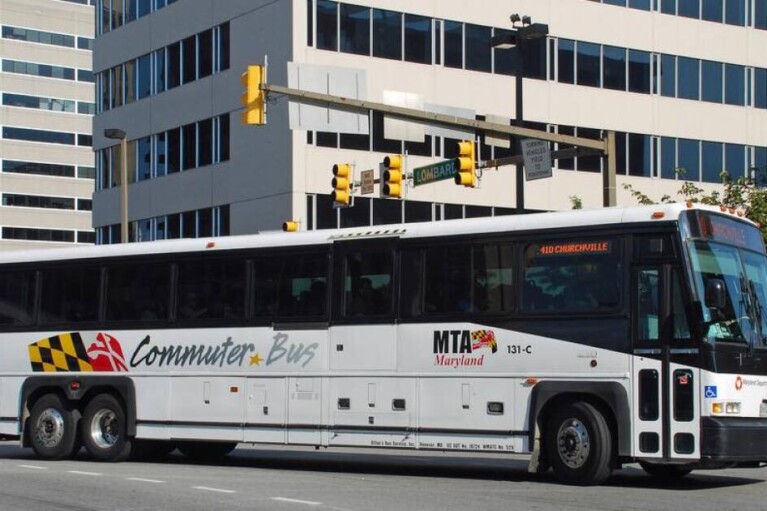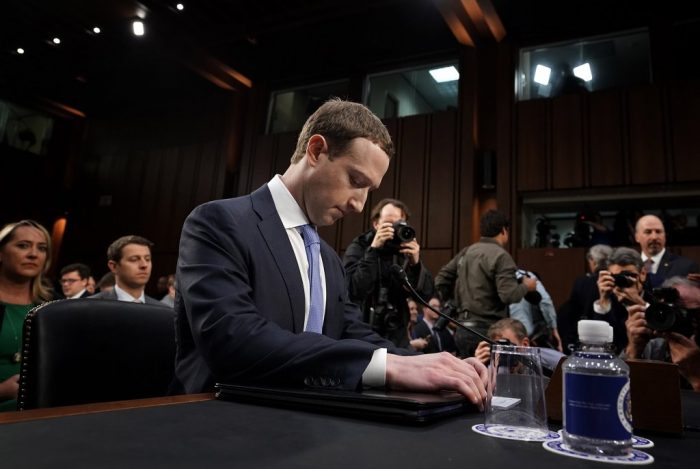Opinion: Supporting Student Voters Will Improve Md. Democracy
“Please raise your hand if you’re registered to vote?”
In my class of 20 or so college freshmen, a few hands go up, most hands stay down, and a few hands are wobbling somewhere in between. The in-betweens always get me. You would think a yes or no question would elicit a yes or no answer, but really, it’s not their fault.
As part of a unit on local politics, I’ve taken the same poll of my college class for several semesters now. Unfortunately, I’ve gotten similar results each time. My personal observation seems to be reflective of a larger reality.
According to a survey done by the U.S. Census Bureau in 2018, only 45.7% of young people aged 18-24 were registered to vote — well below that of any other age bracket. House Majority Leader Eric Luedtke (D-Montgomery) recently introduced the Student Voter Empowerment Act as a way to address these troubling low numbers (Howard County Sen. Clarence K. Lam is the Senate sponsor).
The bill would take several steps towards making voting easier and more accessible for college students, including the designation of a staff member as a student voting coordinator at every institution of higher learning and having polling locations on campus. I appreciate Delegate Luedtke’s commitment to this issue and the bill could lead to a massive increase in student voter participation.
Why is it that most 18-year-olds aren’t doing cartwheels into the voting booths? Let’s start off with the obvious. Society tells us our schools are the first place we get to experience the life-changing power of democratic institutions. Almost all high schools and even some middle schools have student governments to allow young people a voice in how their school is run.
But as I’m sure you’re aware, these organizations are often laughably restricted by school administration. I’m guessing you’d be lucky if your student government could pick the sodas in the vending machines and choose a theme for the homecoming dance. Mine was “Under the Sea” — color me unimpressed.
Is it really a surprise that so few 17- and 18-year-olds are self-motivated to get through the registration process, much less show up at the polls to vote? The situation only looks worse when you consider the economic and racial factors that limit voting registration.
Simply put, many young people of color face additional hurdles to registration. Historically disenfranchised groups have consistently shown lower voter turnout compared to their white counterparts. In the 2016 presidential race, overall white turnout was 65.3% compared to 59.6% for blacks and 47.6% for Hispanics.
When we look at the legacy of voter suppression in this country, it isn’t hard to understand why this is the case. Having parents who vote is an enormous predictor of whether or not you will vote, and this fact has had generational consequences. Although certainly not the be-all, end-all of voting equality, a voting representative at every institution of higher learning would be a great first step towards providing knowledge and resources regardless of background.
It’s hard to fault our young people for not being as politically engaged as they could be. They, like older Americans, are simply products of a system that was not designed to inspire high voter participation. However, when young people get engaged, they bring a tremendous passion and energy to the table. After all, they are the ones who are going to have to live with the consequences of today’s legislative decisions.
The very least we can do is make it easier for young people to have access to the process and the bill before the legislature is a great first step to achieving this goal. I hope that someday soon, when I ask my class who is registered to vote, every hand will be up. No in-betweeners.
— MARK STUBENBERG
The writer is an adjunct in the Department of English at Prince George’s Community College and a member of Maryland Community Colleges United, SEIU Local 500. He can be reached at [email protected].




 Creative Commons Attribution
Creative Commons Attribution